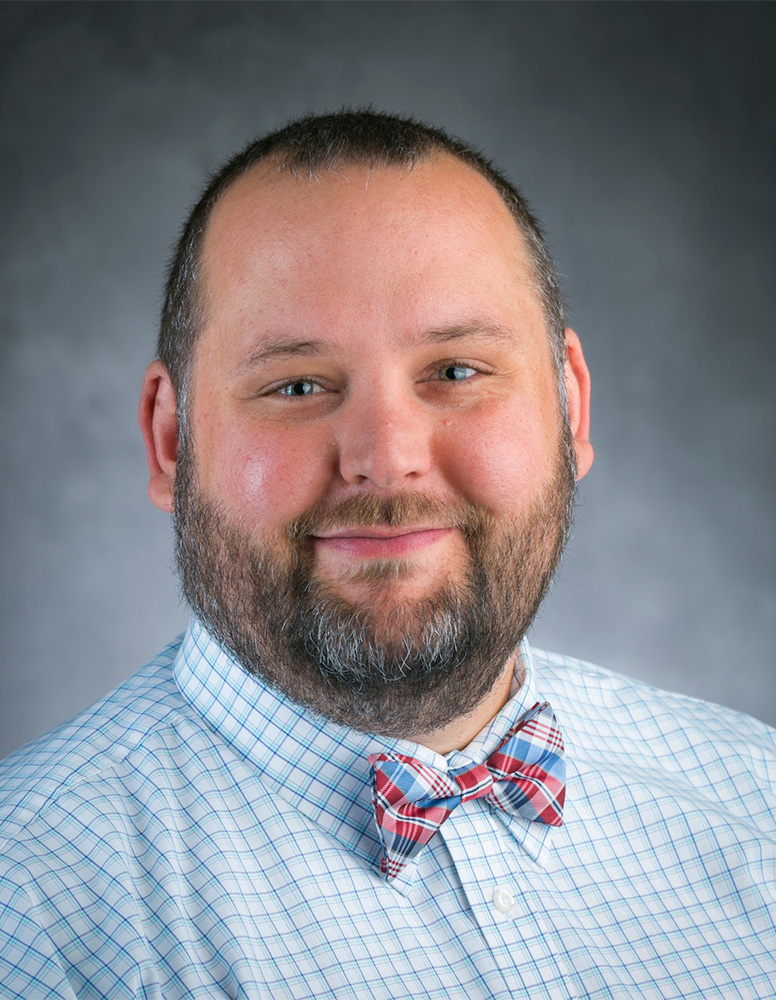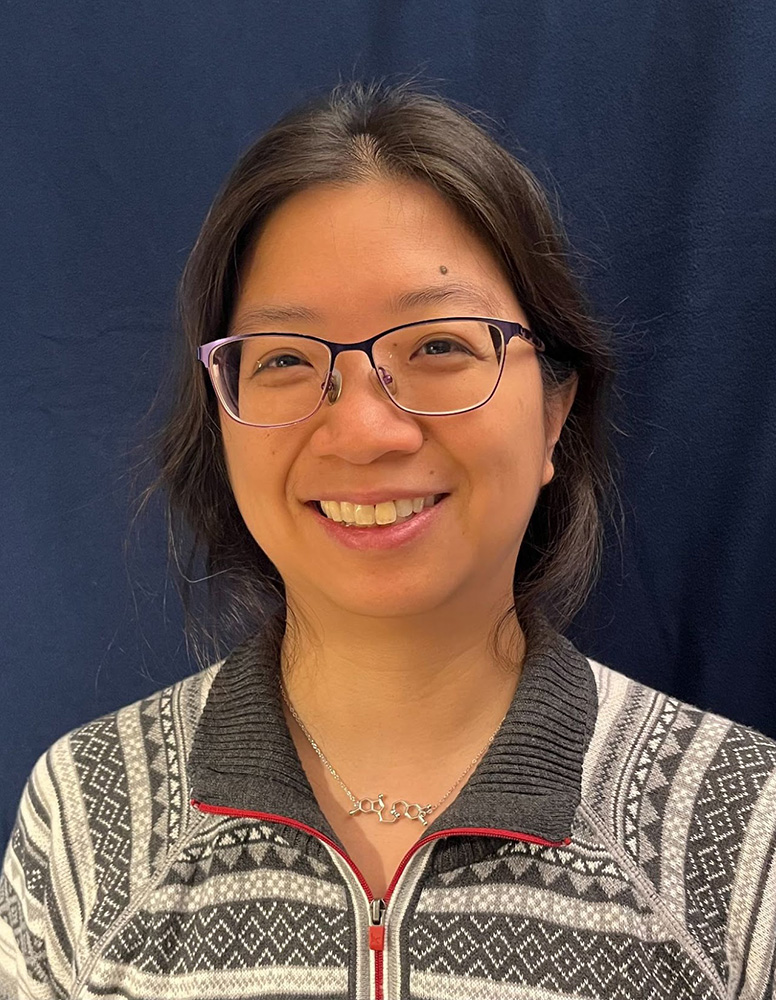Meet the Team

Lucas Hill
Lucas B. Hill, Ph.D. is a researcher (III) and evaluator at the University of Wisconsin-Madison in the Wisconsin Center for Education Research (WCER). From a research, evaluation, and organizational consulting perspective, his work primarily focuses on understanding and assessing the effectiveness of complex, large-scale, and collaborative higher education reform, particularly related to the preparation of faculty, the adoption of evidence-based pedagogical practices, and science, technology, engineering, mathematics (STEM) education reform. His current portfolio consists of several National Science Foundation-funded projects including Belonging in Field Education and the CIRTL Change Leadership Development Program. He earned his doctorate in Higher, Adult, and Lifelong Education from Michigan State University.
- Hill, L. B. (2023). Advancing SoTL through boundary-spanning leadership: A study of four CIRTL institutions. Innovative Higher Education, 1-22.
- Hill, L.B. (2022). Teaching professional development for graduate students. A chapter in Nguyen, D.J. & Yao, C.W. (eds), A handbook for supporting today’s graduate students. Stylus.
- Hill, L.B., Savoy, J.N., Bantawa, B., & Austin, A.E. (2019). Factors of success: Building and sustaining teaching professional development opportunities for STEM graduate students and postdocs. Higher Education Research and Development, 38, 1168-1182. https://doi.org/10.1080/07294360.2019.1616677
- Hill, L.B., Savoy, J.N., Austin, A.E., & Bantawa, B. (2019). The impact of multi-institutional STEM reform networks on member institutions: A case study of CIRTL. Innovative Higher Education, 44(3), 187-202. https://doi.org/10.1007/s10755-019-9461-7
- Austin, A.E., & Hill, L.B. (2023). Integrating research, teaching, and learning for a new America and the global community (pg. 326-446). A chapter in Taylor, O., Retland, R., & McGraw, K. (eds.), Higher education in a changing world. Santa Barbara, CA: Fielding Graduate University.
- Leibnitz, G., Gillian-Daniel, D.L., & Hill, L.B. (2021). Networking Networks: Leveraging STEM Professional Society “Boundary Spanners” to Advance Diversity, Equity, and Inclusion. NSF INCLUDES Rapid Community Reports.
- Hill, L. B. (2020). Understanding the impact of a multi-institutional STEM reform network through key boundary-spanning individuals. The Journal of Higher Education, 91(3), 455-482. https://doi.org/10.1080/00221546.2019.1650581

Evangeline Su
Evangeline Su is currently on the staff at the Wisconsin Center for Education Research (WCER) at the University of Wisconsin -Madison. Evangeline previously held positions at Northwestern University working with student-athletes and undergraduates who are novices to research, facilitating discussions for STEM Circuits, advising the Association for Undergraduate Women in STEM, facilitating sessions on bystander intervention, while helping students to understand and unpack the hidden curriculum of how to navigate R1 (Carnegie classification) universities.
Contact Us
You can reach out to either Dr. Lucas Hill (lhill6@wisc.edu) or Dr. Evangeline Su (esu6@wisc.edu) to set up an initial meeting to explore how we can best serve your needs. We look forward to hearing from you soon!
